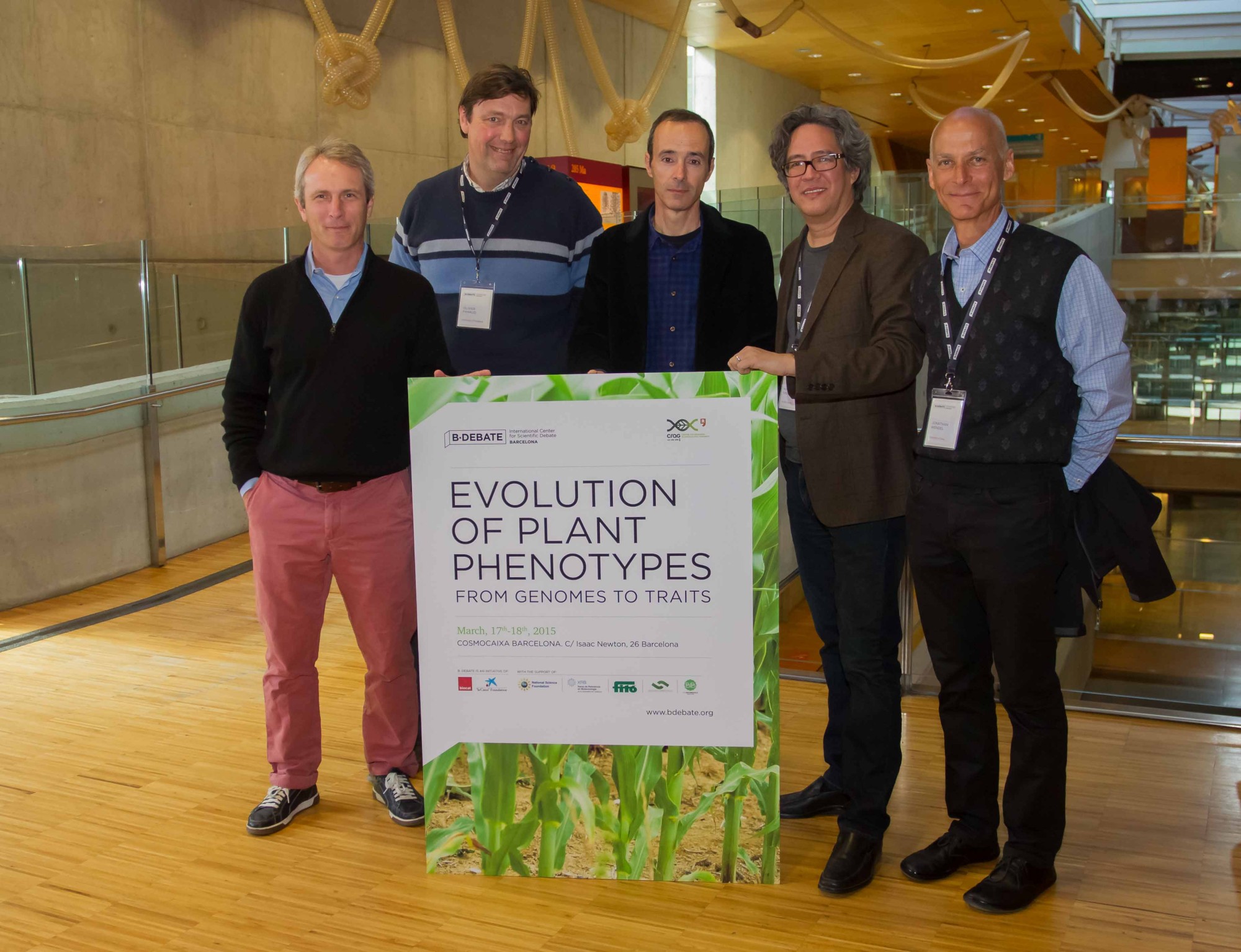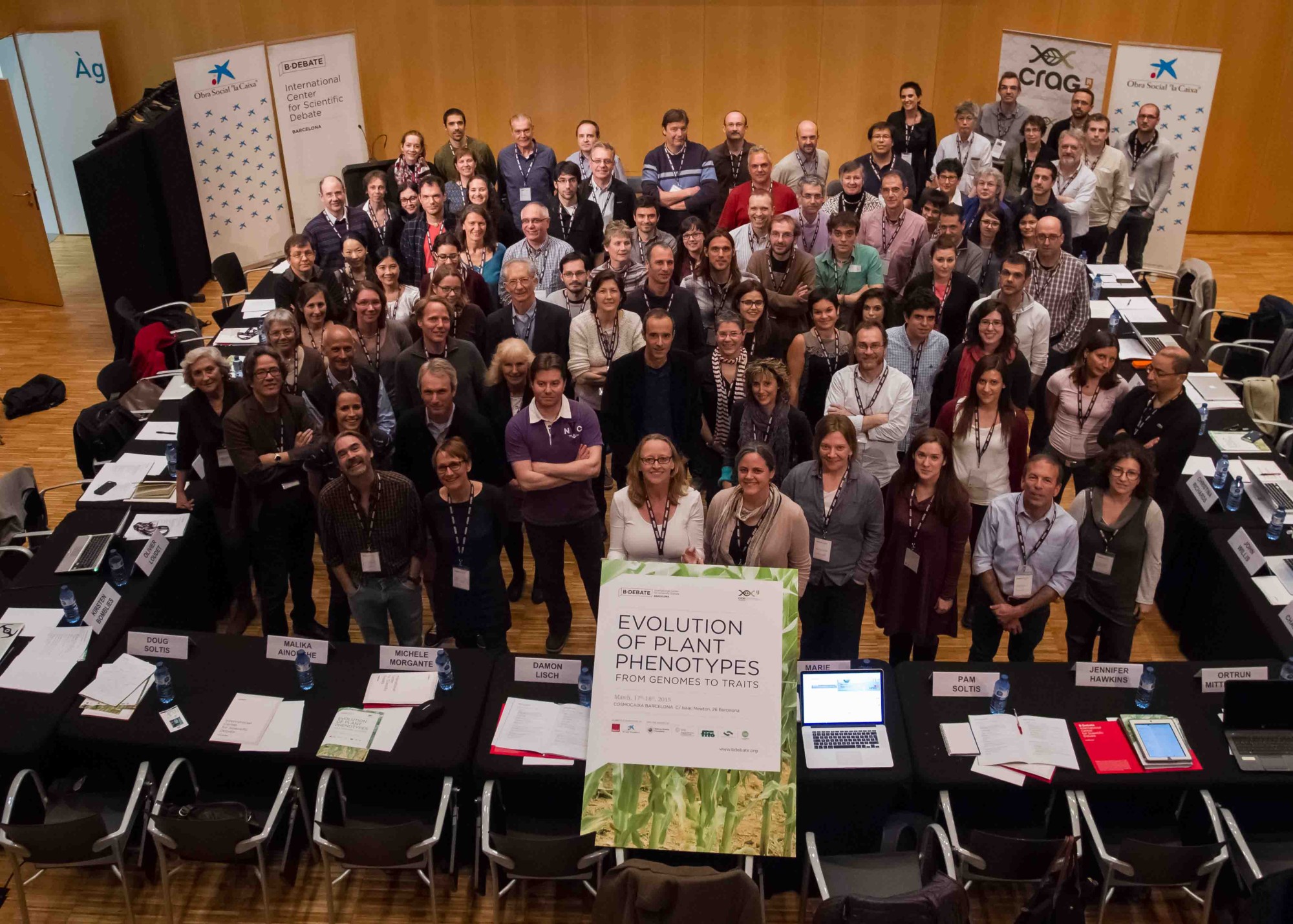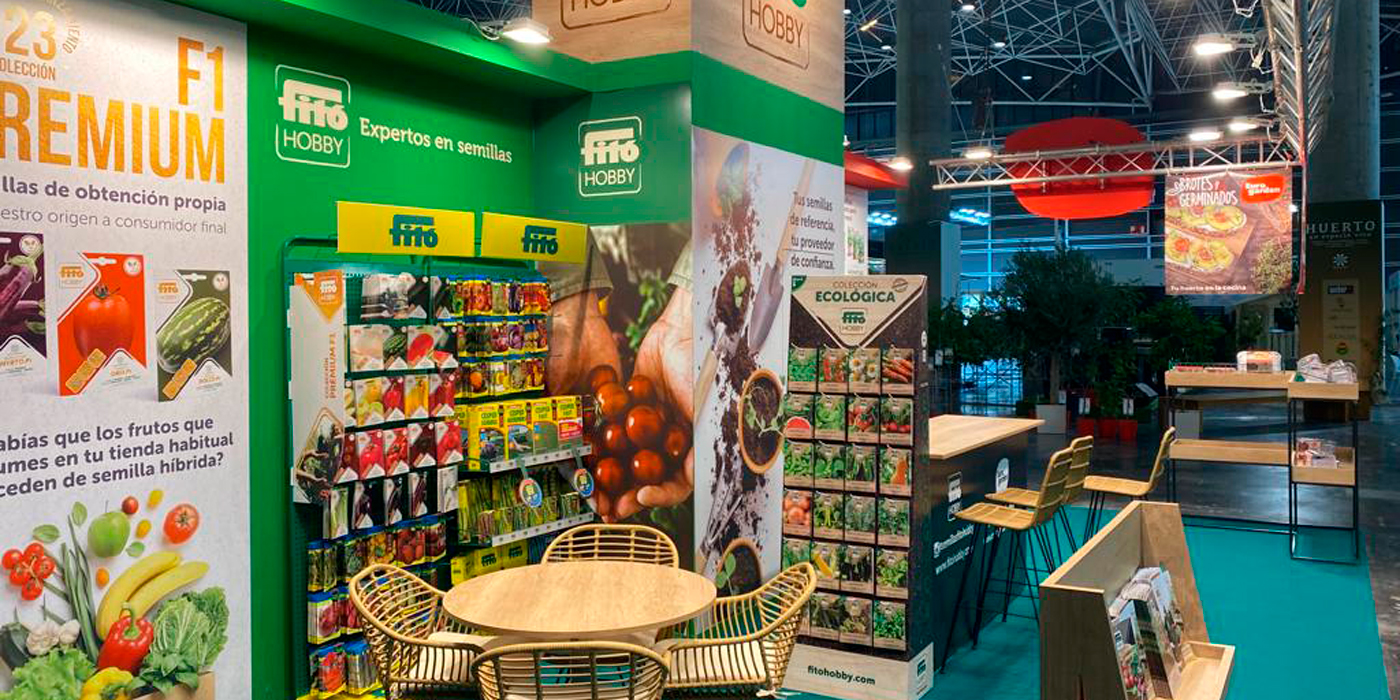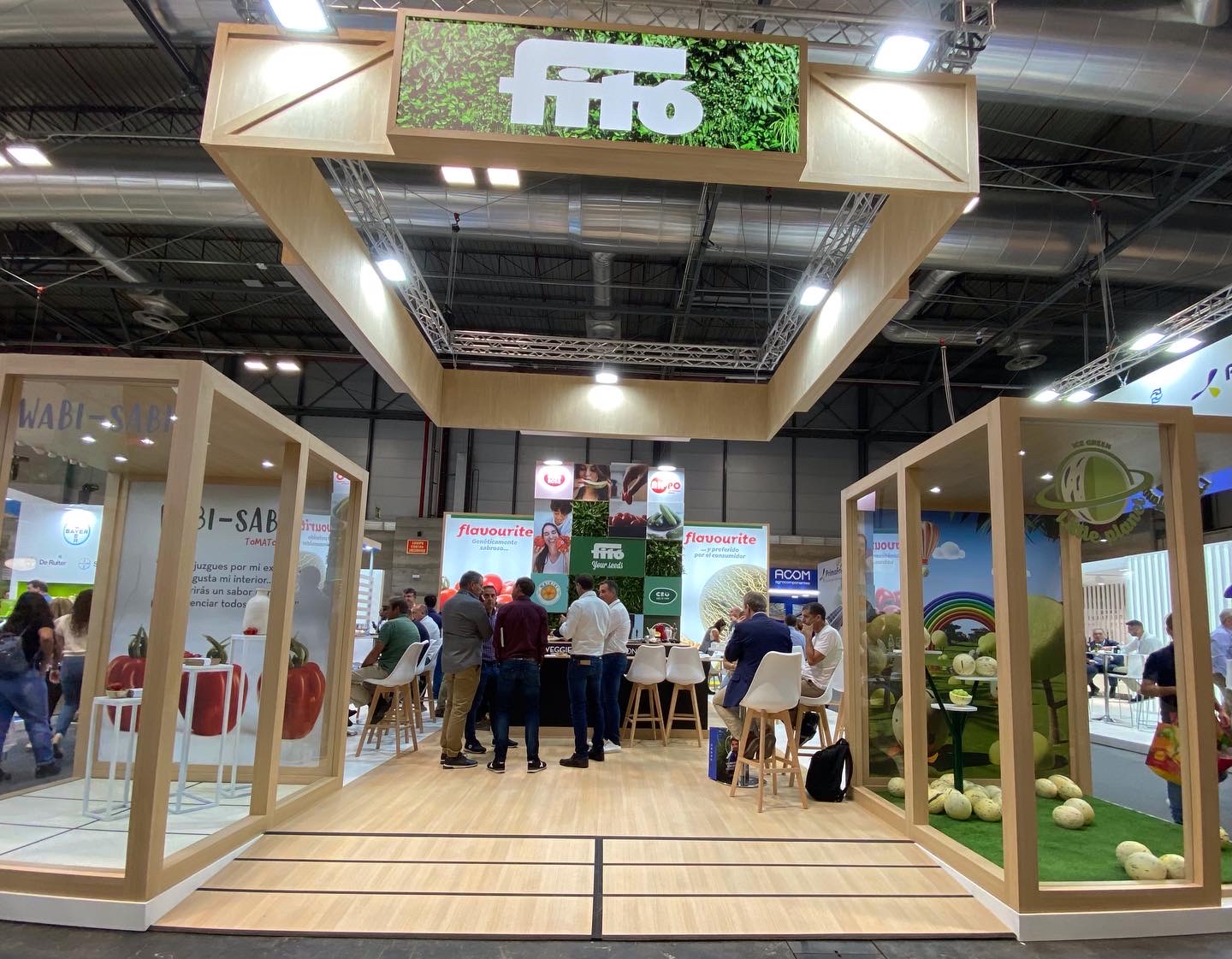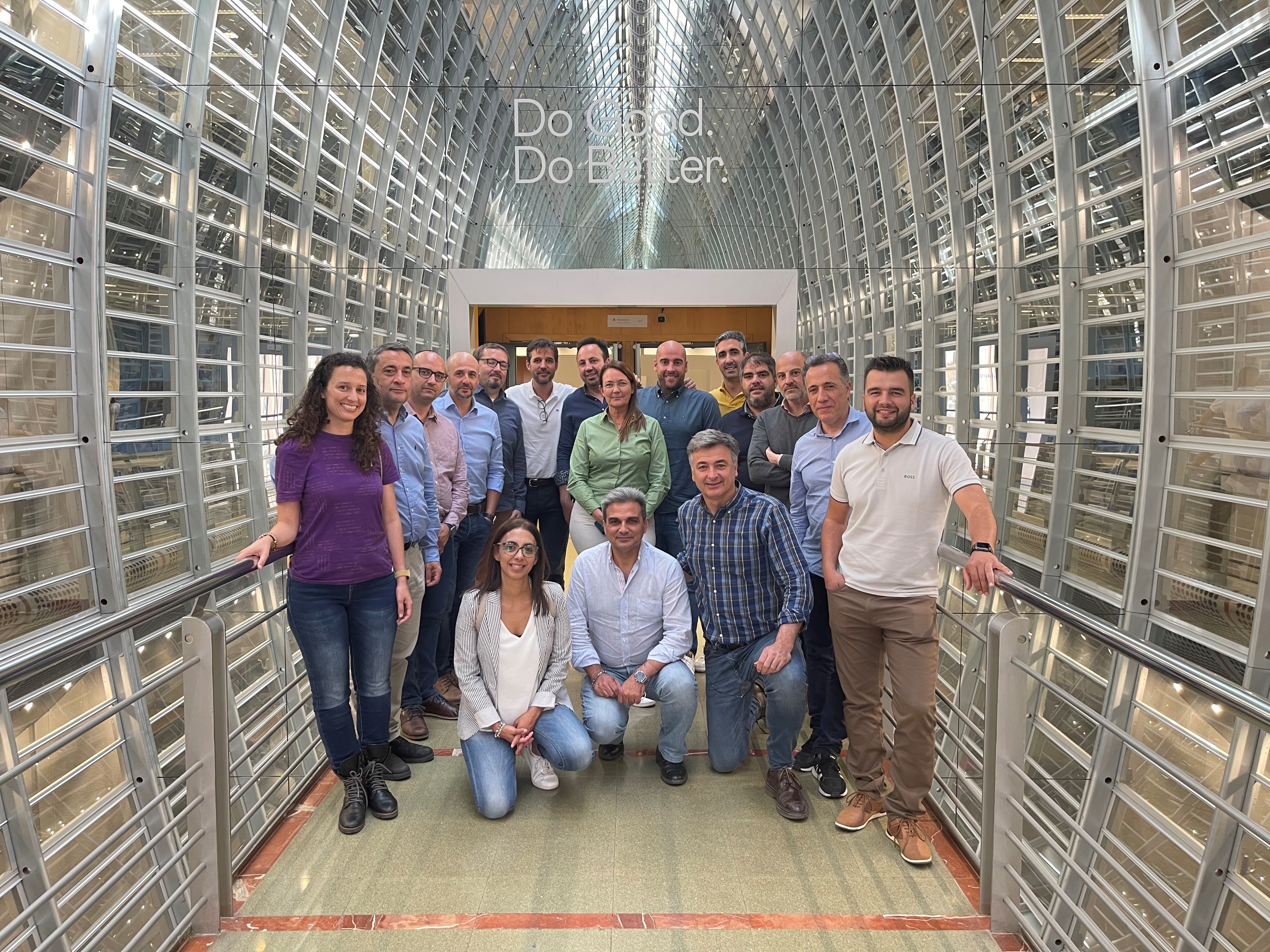NEWS
GENETIC IMPROVEMENT OF PLANTS IS ESSENTIAL TO MEETING FUTURE FOOD NEEDS
20.03.2015
Top global experts in agrigenomics analyze in Barcelona the evolution of plants, brought together by B•Debate, International Center for Scientific Debate, an initiative of Biocat and “la Caixa” Foundation, sponsored by Semillas Fitó
This edition is focused on understanding the evolutional mechanisms of plants in order to select the traits from their genomes that can impact all sorts of improvements, from sensory traits like touch, smell and taste, to nutritional quality and preservation of these food products.
From intuition to genetic modification
Years ago, these changes to plant varietals were carried out intuitively. Now, thanks to scientific research, there are many more precise improvement techniques, like marker-assisted selection and genetic modification, which is the latest to be applied to plant breeding. For example, x-rays have been used since the 1950s to modify plant genomes with radiation. “Without these advances, we wouldn’t be able to meet the food needs of the future and improve the species we eat,” adds Casacuberta.
Ongoing modifications to plants since the Neolithic era have allowed humanity to boost food production and quality throughout history. However over the coming 50 years we will have to produce more food than we’ve farmed in all of the history of humanity: food production will have to increase 70% by 2050 to feed the world population, according to the Food and Agriculture Organization of the United Nations (FAO).
Over the past half century, the world population has doubled and grain yield has tripled. Improvements to production have been achieved, in part, by increasing farmland, water and fertilizers used. “This isn't possible anymore, which means we have to use all of the tools available, like improvements in the basic knowledge of plant genetics,” says Casacuberta.
Species of the future: how to get more with less
One of the challenges for the future of agrigenomics is to create more efficient plant varietals in order to boost production without investing additional resources like space, water and fertilizer in a context of climate change that makes farming increasingly difficult.
In 2000, the first plant genome was published; today we have the full genome of more than 80 species, as well as the genome of different varieties of the same species: databases used continually by plant breeders. For example, we already know the genome of 100 varieties of melon. We have even published the genome of 3,000 varieties of rice from 89 different countries. “We need to democratize this knowledge and apply it to local varieties,” highlights Casacuberta.
The detailed program for the B·Debate “Evolution of plant phenotypes. From genomes to traits” is available through this link: http://www.bdebate.org/en
Poslednje vesti
KONTAKTIRAJTE NAS
Pogledajte našu prodajnu mrežu širom sveta
Sedište
Selva de Mar 111 08019 Barcelona España
Tel.: 93 303 63 60 · Fax: 93 303 63 73


